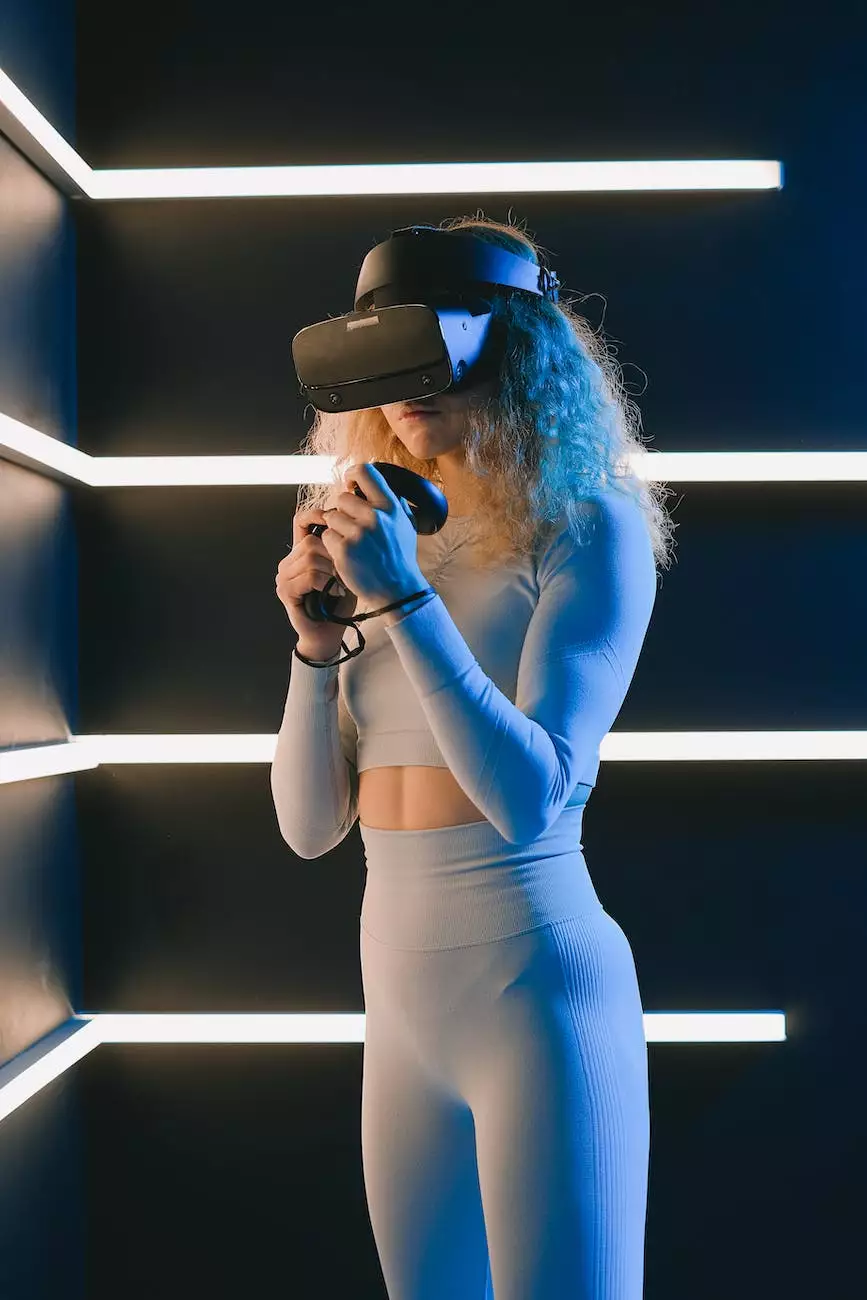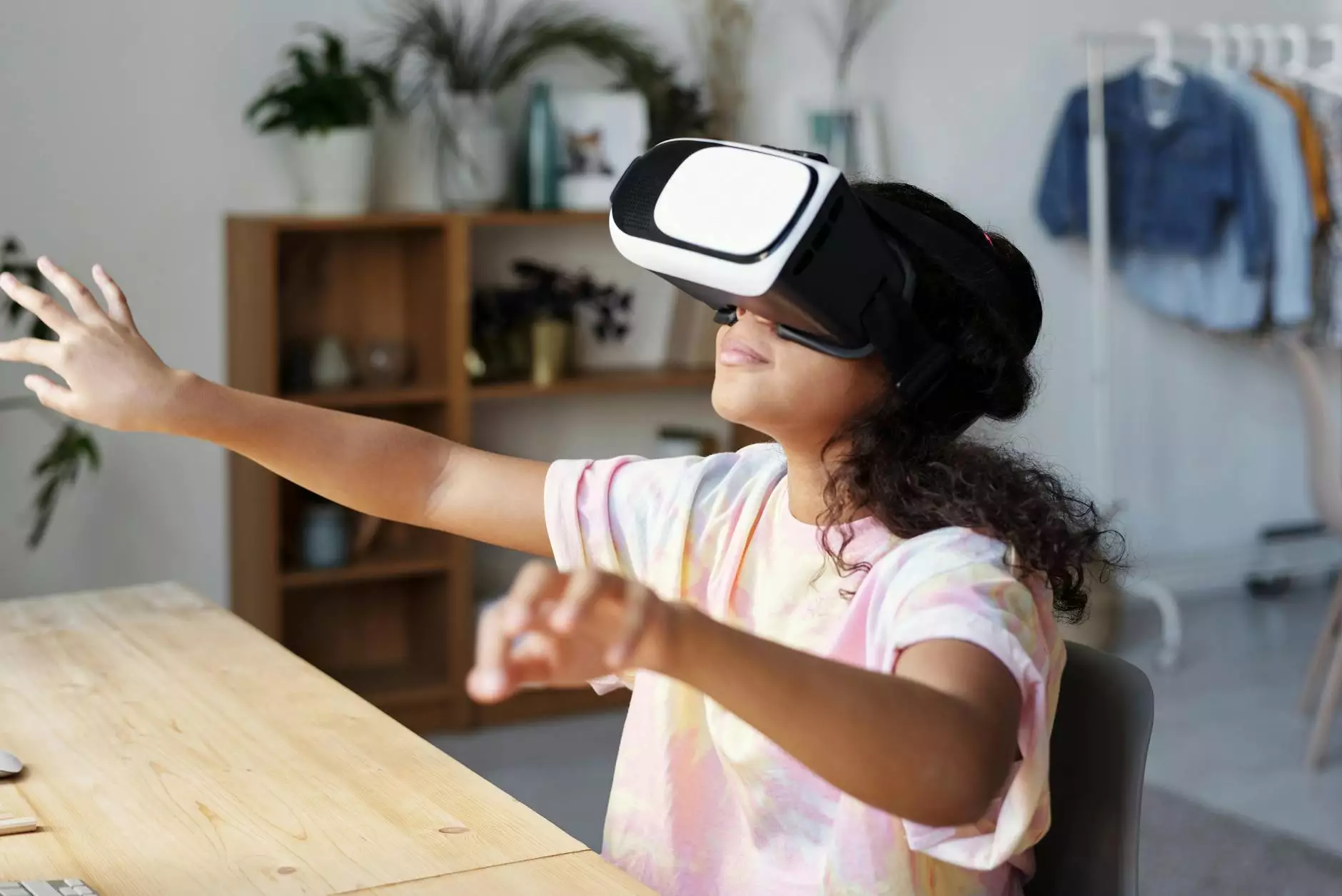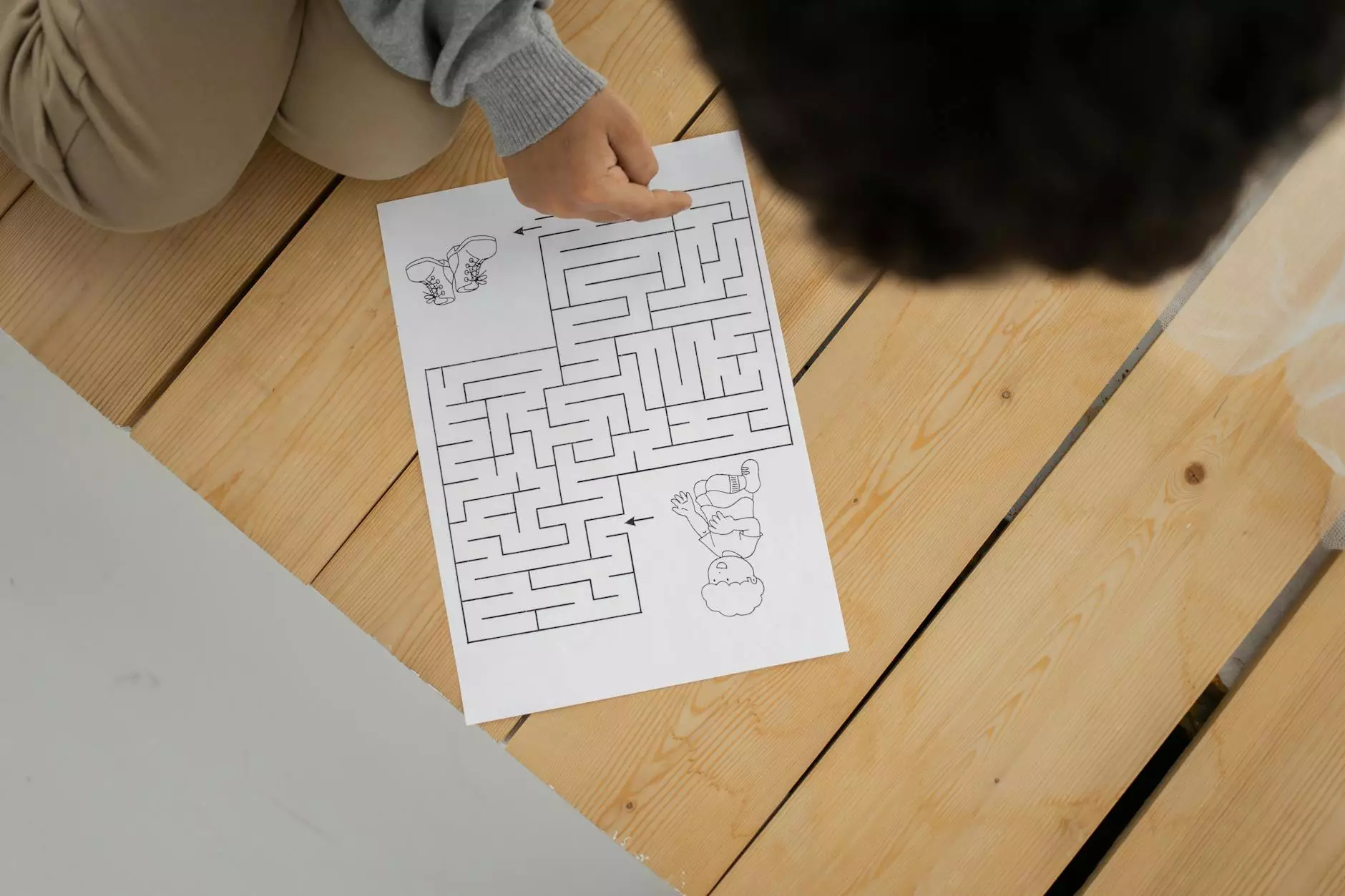Virtual Reality in Healthcare | VR in Medicine
Learn More
Introduction
Welcome to CI Advertising, your trusted partner in business and consumer services, specializing in the field of marketing and advertising. In this article, we will explore the groundbreaking applications and benefits of Virtual Reality (VR) in healthcare. Get ready to dive into the world of immersive technology that is transforming the medical industry and revolutionizing patient care.
The Power of Virtual Reality in Healthcare
In recent years, VR has gained significant momentum in the healthcare sector. This cutting-edge technology offers a multitude of advantages, from improving patient outcomes to enhancing medical training. Let's delve into some of the key areas where VR is making a remarkable difference:
1. Medical Training and Education
One of the most compelling use cases for VR in healthcare is in medical training and education. VR simulations allow aspiring physicians and healthcare professionals to gain valuable hands-on experience in a safe and controlled environment. From practicing complex surgical procedures to honing diagnostic skills, virtual reality offers a level of immersion and realism that was previously unimaginable.
2. Pain Management and Therapeutic Applications
Imagine a world where chronic pain can be alleviated using VR. Well, this is not mere speculation anymore. Virtual reality has been shown to have a profound impact on pain management, both for acute and chronic conditions. By creating immersive, distraction-based experiences, VR can help patients alleviate pain, reduce anxiety, and enhance overall well-being. This breakthrough has tremendous potential in fields such as physical therapy and rehabilitation.
3. Mental Health and Psychological Interventions
The mind is a labyrinth of wonders, and VR is unlocking new possibilities for mental health treatments. VR-based therapies are proving to be effective tools in treating a wide range of mental health conditions, including phobias, PTSD, anxiety disorders, and more. By creating controlled virtual environments, therapists can guide patients through exposure therapy and desensitization techniques, leading to better outcomes and long-lasting results.
4. Surgical Planning and Visualization
In the realm of surgical procedures, precision and planning are paramount. VR technologies enable surgeons to visualize intricate details of a patient's anatomy, improving procedural planning and reducing the risk of complications. By immersing themselves in a virtual representation of the patient's body, surgeons can make more informed decisions and perform complex surgeries with greater precision and accuracy.
5. Rehabilitation and Physical Therapy
Rehabilitation and physical therapy are integral parts of the recovery process for many patients. VR solutions provide an engaging and interactive platform for individuals undergoing rehabilitation, making the experience more enjoyable and motivating. By incorporating gamification elements, VR encourages patients to actively participate in their therapy, leading to faster recovery times and improved functional outcomes.
Conclusion
In summary, the potential of VR in healthcare is vast and transformative. From medical training and pain management to mental health interventions and surgical planning, virtual reality is revolutionizing the way we approach healthcare. As CI Advertising, we are dedicated to staying at the forefront of technological advancements and providing innovative solutions to our clients in the business and consumer services industry.
Unlock the power of VR in healthcare with CI Advertising and embrace the future of medicine. Contact us today to learn more about our comprehensive marketing and advertising services tailored to the healthcare sector.










